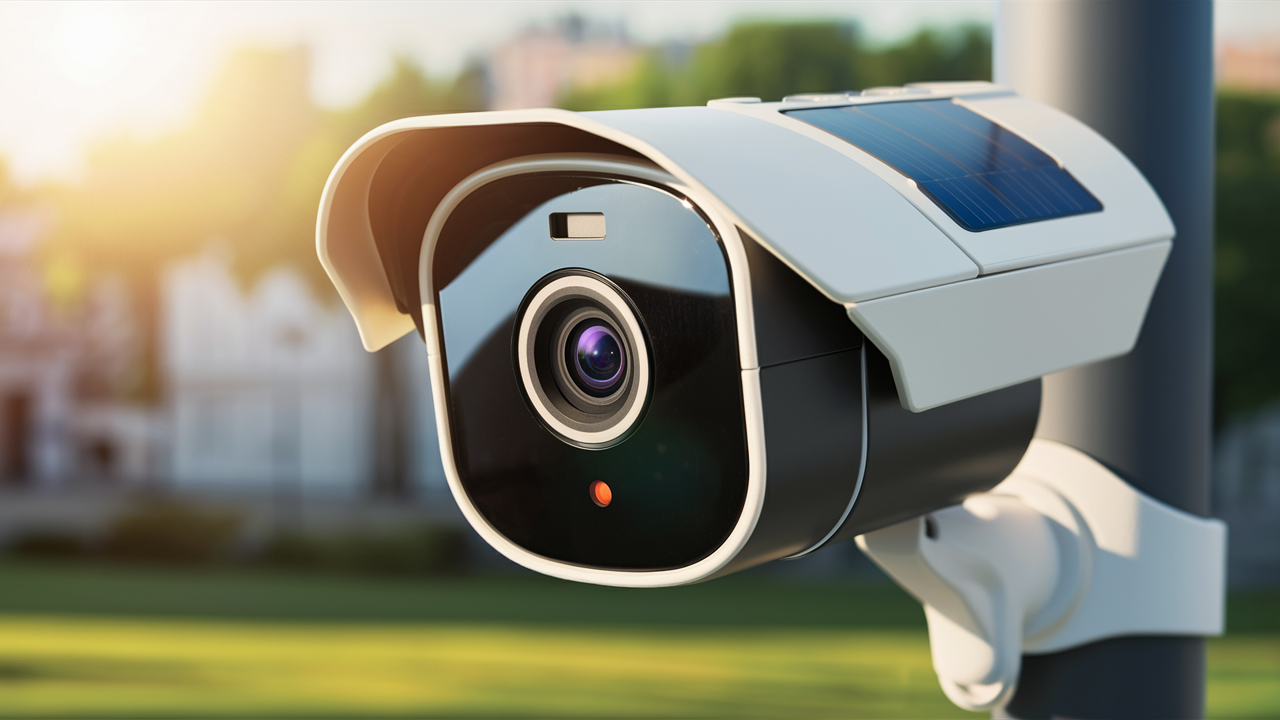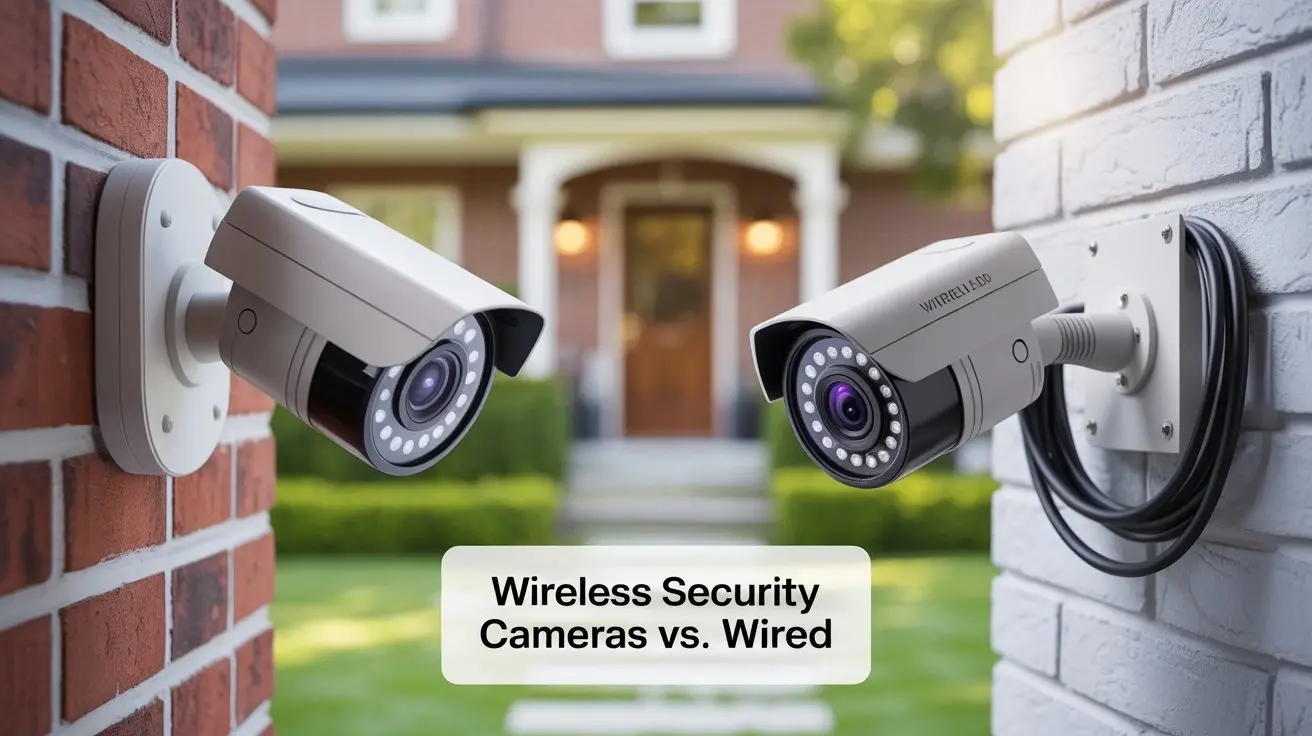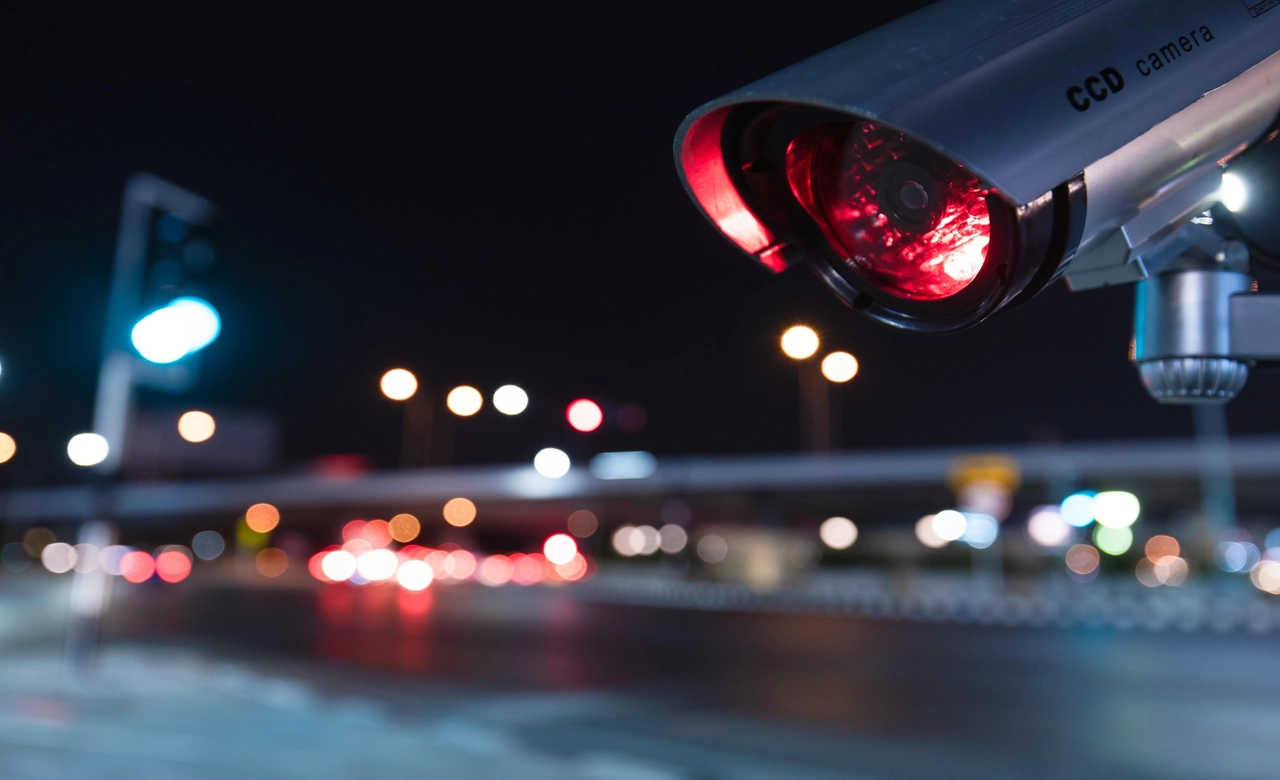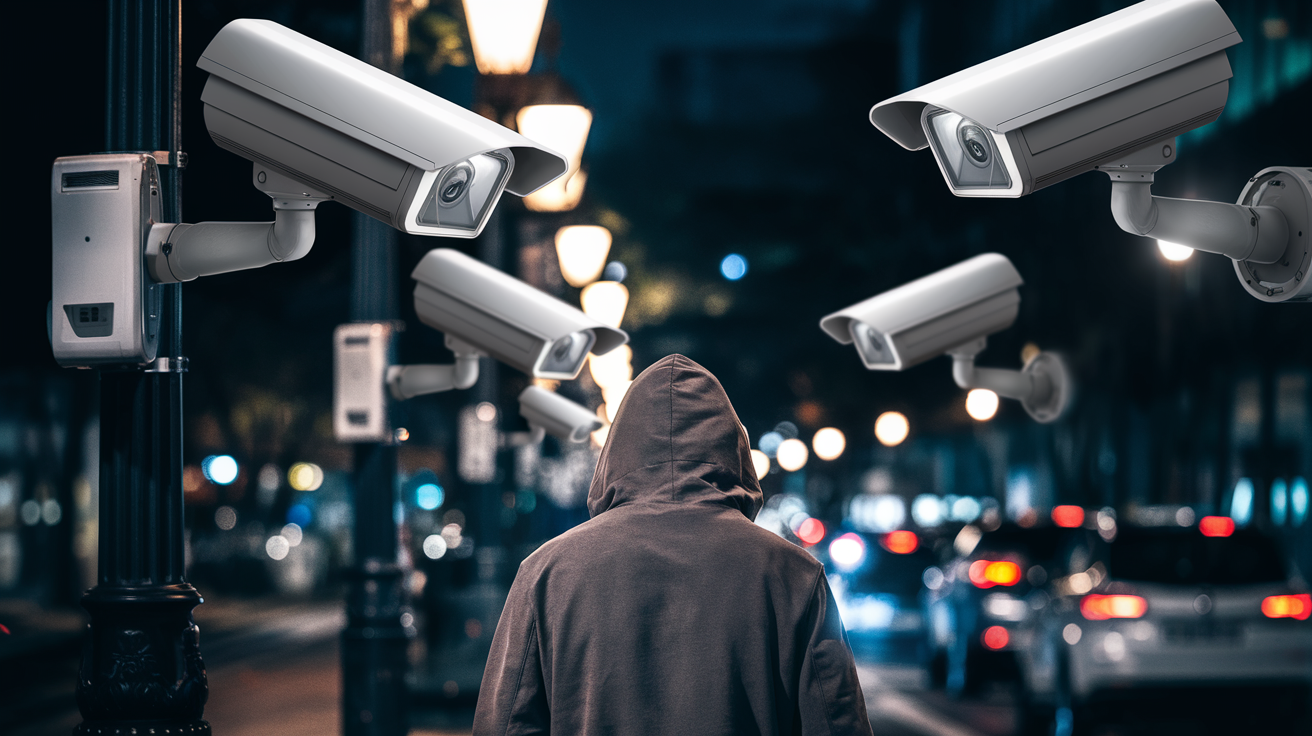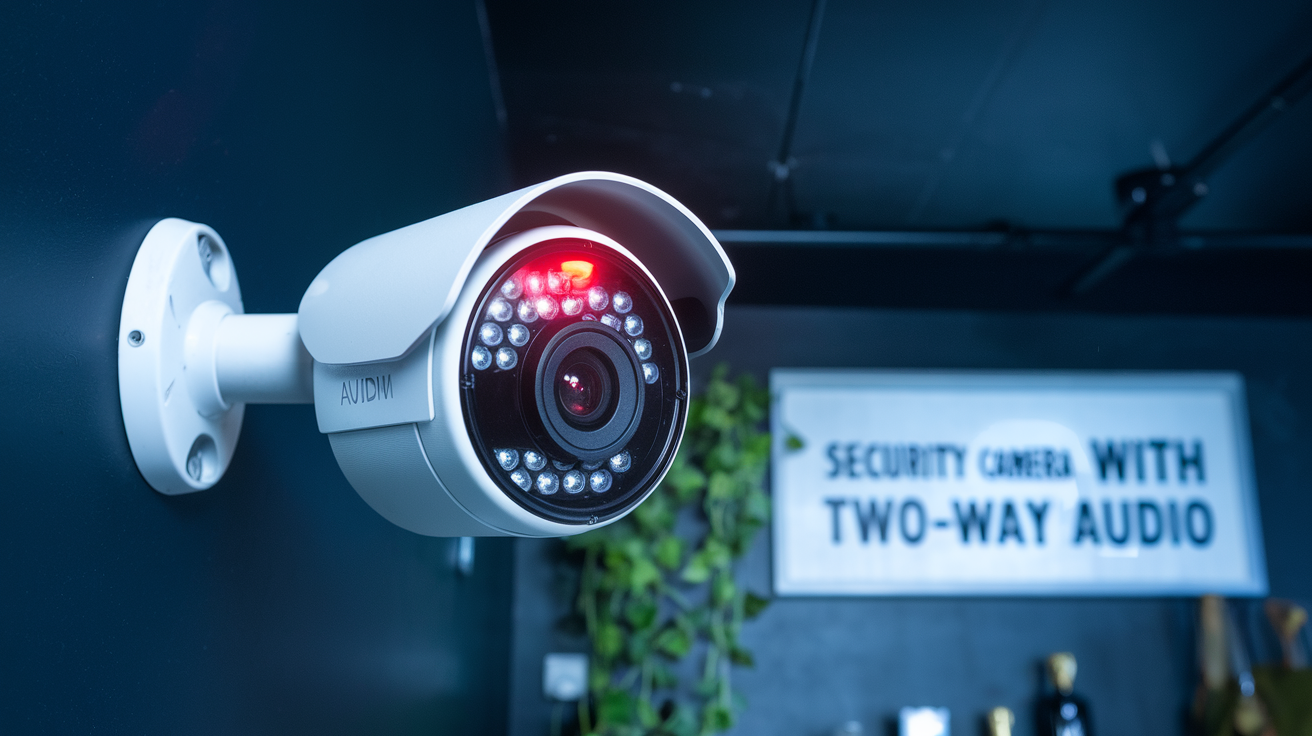Wireless security cameras are becoming popular to homeowners and businesses who want to add security to their homes or firms but do not want the complications and the security risks of an internet based security system. Otherwise known as wired security cameras, these systems use cables to transmit footage, thus are not vulnerable to wifi jamming, hacking or interference.
Wired security cameras can be installed both inside and outside the buildings. They interface with a recording device such as a digital video recorder (DVR), or network video recorder (NVR), via coaxial cable, Ethernet cable, or HDMI cable. As for the connection, the DVR or NVR delivers power to the cameras through the cables and also manages record, storage and other features of viewing from a distance.
Advantages of Wired Security Cameras Reliability Wired security cameras do not rely on wireless transmission for the transmission of the camera feed or the power source. This makes them highly dependable since it can hardly be influenced by other wireless gadgets resulting in shaky or interrupted footage. The wired connection also provides a power supply, thus eliminating any power surges.
Security Since video footage is transmitted directly through cable, wired systems are less vulnerable to some cybersecurity threats such as wifi hacking and jamming. This cuts off outsiders from accessing camera feeds through unlawful connection to the wired system. This makes wired systems appropriate for high-security areas such as our office building.
Video Quality Wired cameras can record high quality and high speed videos through cables because they are not restricted by the wireless bandwidth. This leads to a clearer and more refined video output as opposed to most wifi cameras available in the market. Modern wired cameras can record 4K or 1080p HD videos at 30fps over cables some can record even up to 60 fps.
No Distance Limitations On the negative side, wireless security cameras are less reliable in terms of video quality and stability with the increase in the distance between the camera and the wifi router. This is not the case with wired cameras as they do not have distance limitations within the range of the cables. When the cable lengths are long enough, it is possible to have cameras connected hundreds of feet away from the control unit without interference with the signals.
Here are the various categories of wired security cameras. Analog Security Cameras Analog wired cameras are the traditional security cameras that send low voltage analog video signals through the coaxial cables to the DVR for recording. They are relatively cheaper compared to other types but they can only support lower resolutions such as 960H or 700 TVL. As such, they provide low resolutions, and therefore, the images tend to be grainier than those from IP cameras. But advanced chipsets of today’s analog cameras also enable good low light vision and wide dynamic range at relatively affordable prices.
IP Security Cameras IP cameras are the most sophisticated wired cameras that are in the market today. They can record in full 4K Ultra High Definition and stream digital video through Ethernet cables instead of analog wires. It enables high quality images and other features to be developed. However, IP cameras and NVR systems are expensive in comparison to analog systems in the market. There is a great extent of variation when it comes to capabilities and cost of the IP cameras.
Power over Ethernet Cameras PoE cameras are a specific type of IP cameras which are connected to data transfer and powered through the Ethernet cable. This cuts down significantly on cabling needs because no extra power cables are required for the x86 chips. However, PoE cameras require the use of a PoE NVR which provides power over the Ethernet cable.
Wired Camera Installation Tips Safe installation of cables – cables are used when installing wired cameras, the installation of the cables may pose a threat to safety in case they are organized wrongly. It is recommended that cable protectors be placed over any cable that is laid on pathways. Ensure that overhead cables are well secured to minimize situations where they drop off. Convert cables into walls such that cables do not protrude to cause an eyesore in the building.
Consider cable extensions - When identifying potential camera locations in the site, it is important to evaluate the cable distances that would be needed between the cameras and the NVR. Make sure there is extra allowance for other possible uses that have not been considered. In longer distance, it is recommended to useft Ethernet cable rather than coax and then add cables and/or repeaters when necessary.
Utilize Cable conduits – To have wires fully protected plus have more refined look, it is better to incorporate conduits for the cables instead of having them run along the outer walls. It is noteworthy, however, that conduit installation does entail boring some holes. Or, the cameras can be wired through holes in the eaves and roof projections to conceal the wires.
Expansion possibility – When positioning your first cameras, make sure that your NVR and PoE switch (if used) are capable of accommodating more cameras than you currently have. This is particularly important as it helps to consider the future expansion needs of the company in advance. The extension of extra cabling from the start is a lot more appropriate when it comes to installing cameras.
Camera installation is equally important for wired as well as wireless systems. Select sites with the best viewing angles and securely mount camera enclosures to the walls or ceilings according to the provided instructions.
Despite advancements in wireless security camera technology and significantly lower installation costs, wired systems cannot be compared in terms of reliability, security and video quality. For the majority of households digital systems offer satisfactory level of sound quality at reasonable costs. This is because large premises and enterprises are willing to pay more in order to get the best technology that is capable of supporting many cameras. Taking into account the advantages and disadvantages against the application requirements is crucial in deciding if wireless or wired system is appropriate.
